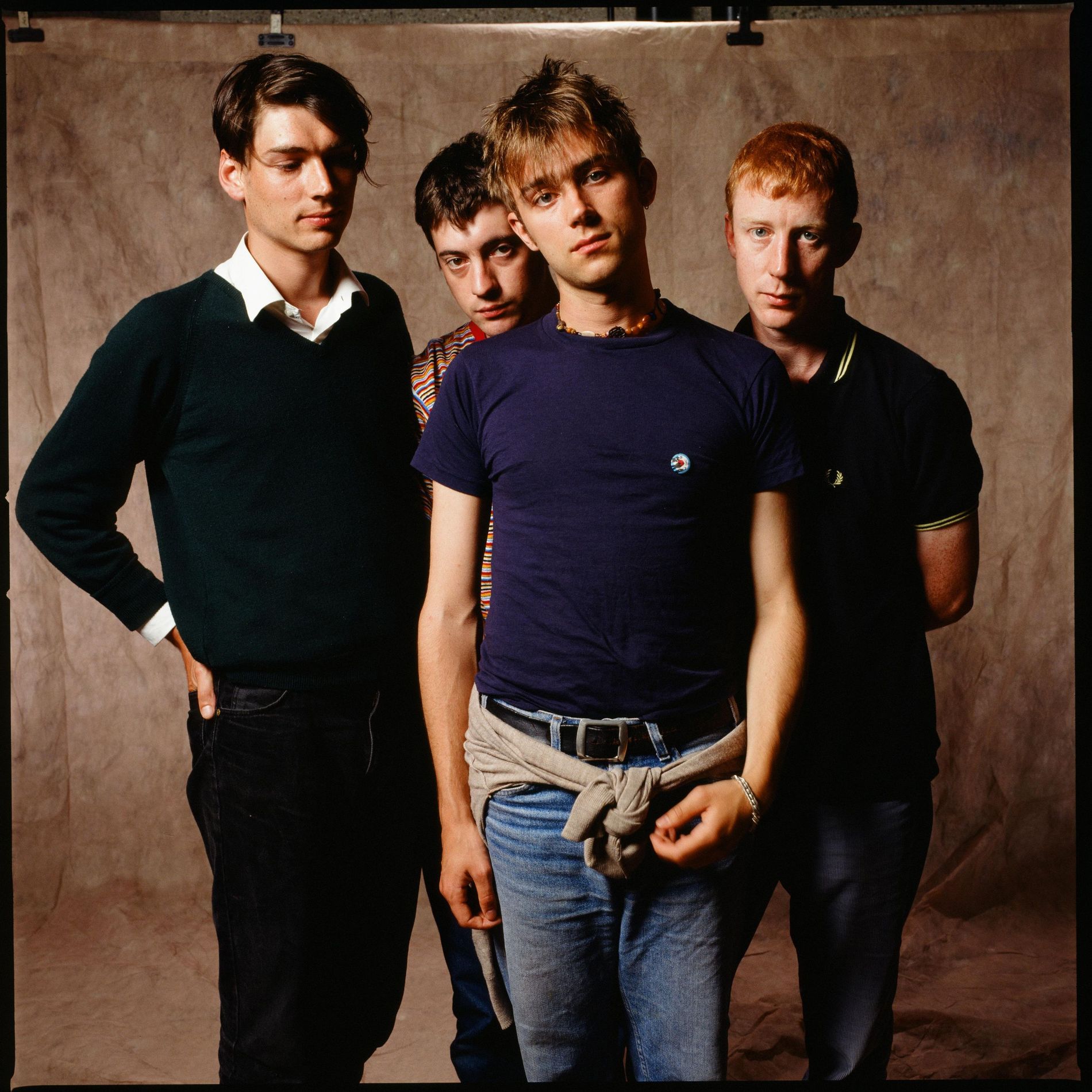While many nominees have been put forth for the owner of summer 2025, the answer was under our noses the entire time. Get ready for Britpop summer
With the start of summer officially closing in (on June 21st, officially) one pressing question remains unanswered: whose summer is it? In the wake of 2024’s Brat Summer, Charli XCX made some suggestions during her headlining set at Coachella, offering to pass the baton to Bon Iver, David Cronenberg, Paul Thomas Anderson or Sweden’s own Yung Lean (to name just a few). At Cannes, meanwhile, Elle Fanning declared summer 2025 to be 'Joachim Trier Summer' (the Norwegian director was also one of Charli’s nominees, by the way) courtesy of a much-discussed statement T-shirt.
But sometimes the correct answer is the simplest one. And while all these of-the-moment artists are certainly putting out boundary-pushing films and music this season, summer may just belong to something that was relevant in another era entirely. Like it or not, it’s going to be a Britpop summer.
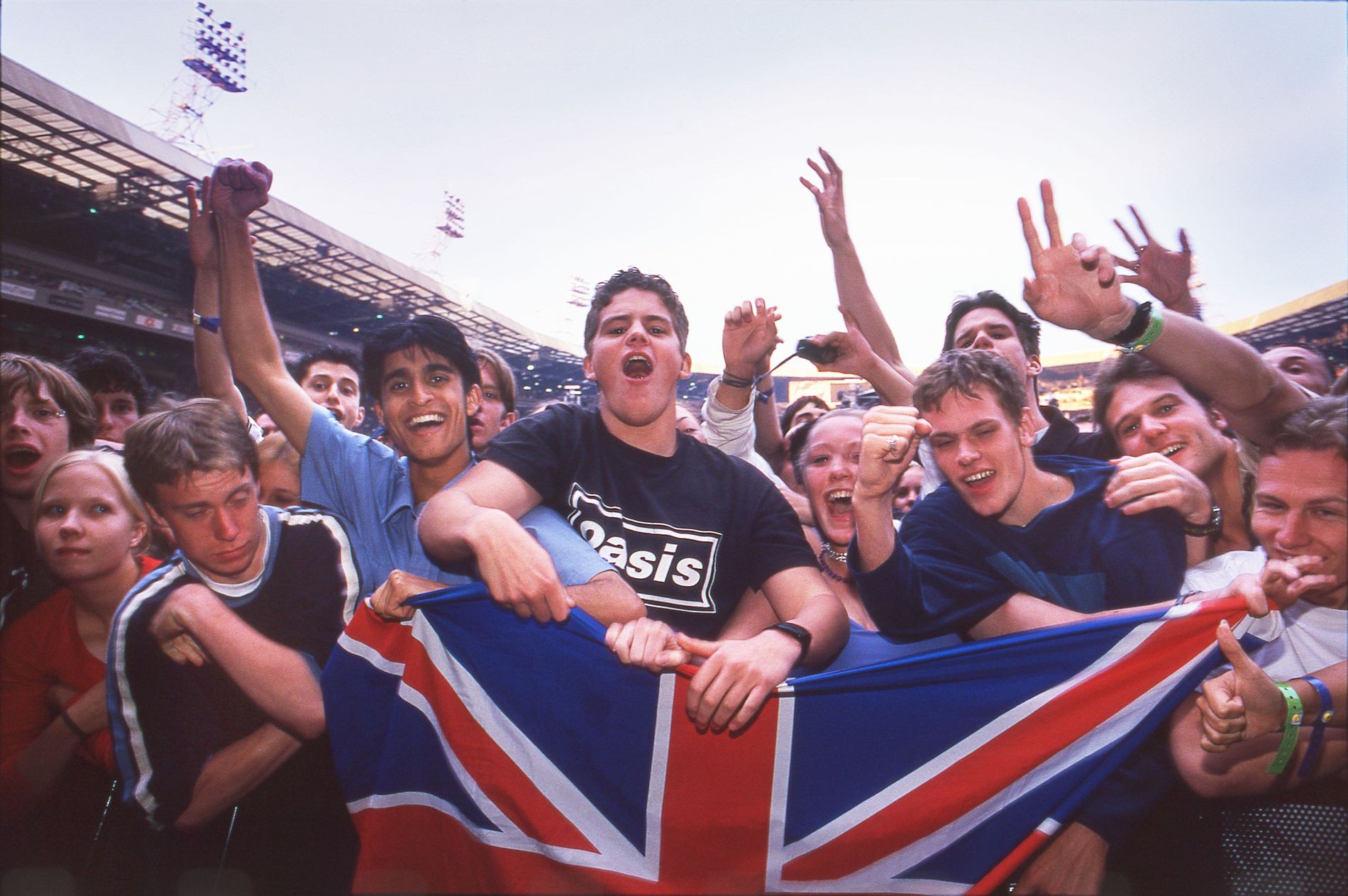
Oasis concert at Wembley Stadium, 2000. Photo: Getty Images
For our younger readers, Britpop – originally coined by music journalists – emerged in the UK in the mid-1990s. A catchy, upbeat sub-genre of alternative rock, it was branded as a reaction to the moodier, grittier American grunge music. The Britpop hero bands include Blur, Pulp, Suede and, of course, Oasis.
The evidence pointing towards a Britpop summer is endless. There’s the Robbie Williams summer tour (with stops in Copenhagen and Stockholm), leading up to the release of an autumn album named, simply, BRITPOP. We also find shows from Primal Scream and Morrissey, the esoteric predecessors of the Britpop movement. Then, of course, there’s the endlessly hyped Oasis reunion, kicking off on July 4th in Wales. According to my unofficial research, Scandinavians will be travelling to the UK en-masse to take in the shows, dusting off their bucket hats and warming up their vocal chords to belt out 'Champagne Supernova' (and, yes, 'Wonderwall') as loud as physically possible.
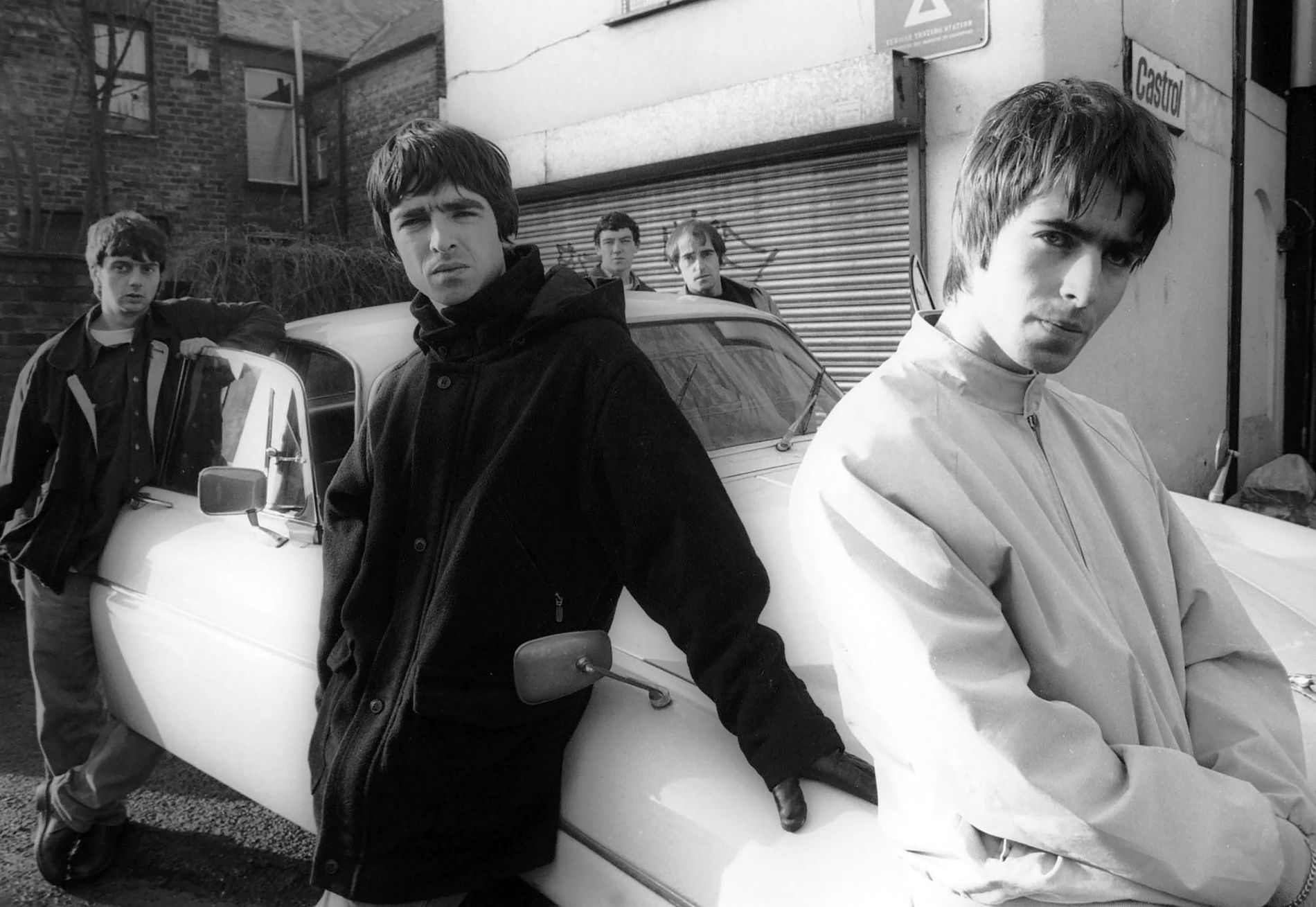
Group portrait of British rock band Oasis leaning against a Jaguar XJ6 car in Withington, Manchester, United Kingdom, 30th November 1993. Photo: Getty Images
Here in Stockholm, a local Britpop night, which finds Swedish bands covering Oasis and DJs spinning the singalong-friendly hits of the genre, is already gaining traction. At last weekend’s iteration at Soho House Stockholm, the band Tahoma, fronted by actor Hannes Knut-Fohlin, played Oasis’ “Supersonic” as It girls and millennial creatives (and a pregnant Hedda Steirnstedt, who starred alongside Knut-Fohlin in Vår Tid är Nu) sang along.
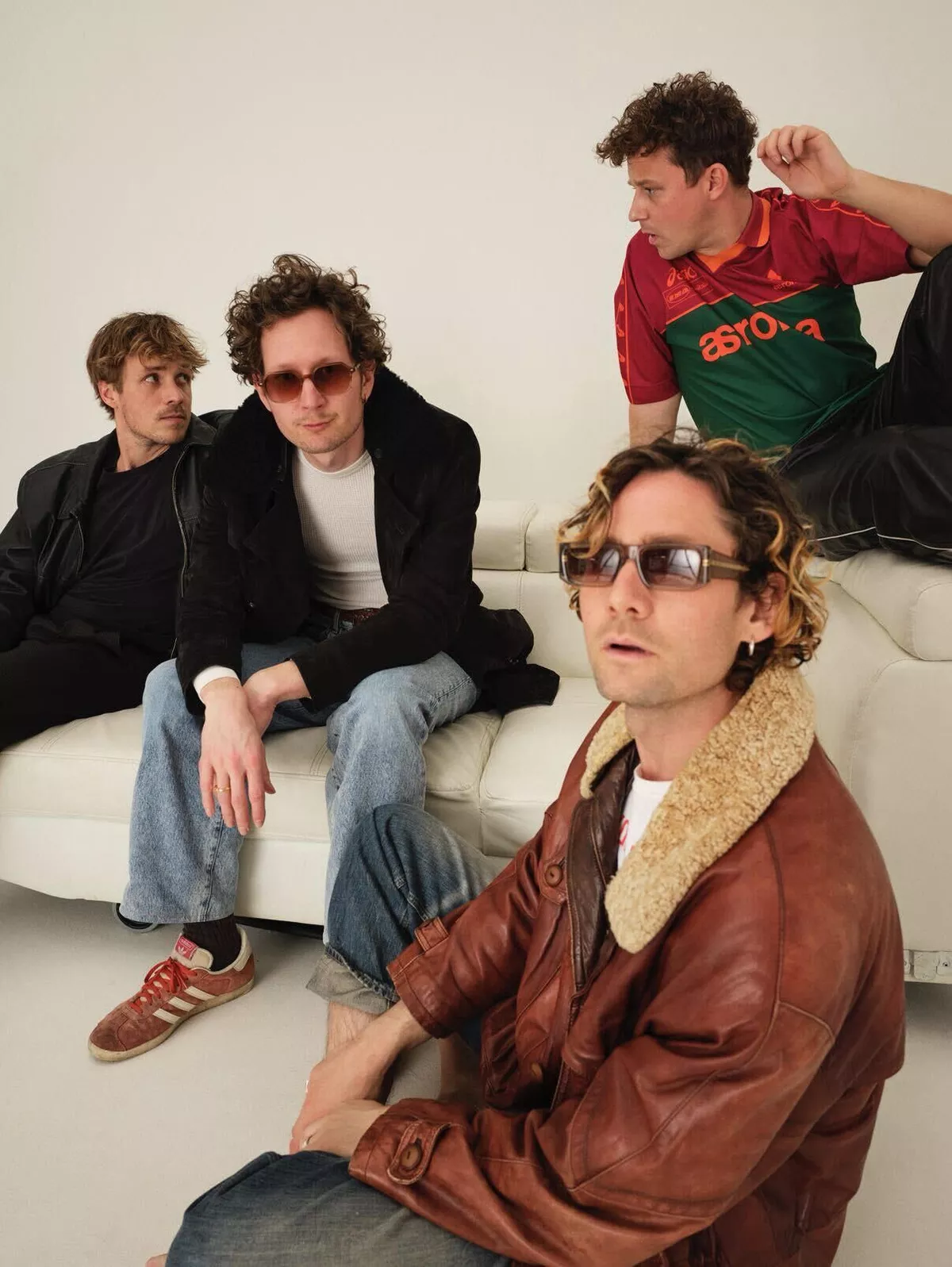
Tahoma. Photo: Getty Images
“I was born in '89, so I missed the Britpop era. I’ve just read about it and dreamt about being born earlier,” says Knut-Fohlin, who just so happens to have the words ‘Definitely, Maybe’ (the defining Oasis album) tattooed on his forearm. “I discovered Oasis when my friends sent me three songs he had downloaded on Napster.”
“Oasis was so fun, because of the whole relationship between the brothers and the fighting,” says Fjodor Nikolajev, a Stockholm nightlife mainstay and the organiser of Britpop night (he was a teenager during Oasis’ prime). He, of course, refers to the Gallagher brothers, whose famous feud kept Oasis on ice for for 15 years. “I loved the cockiness and the whole attitude of Liam and Noel”.
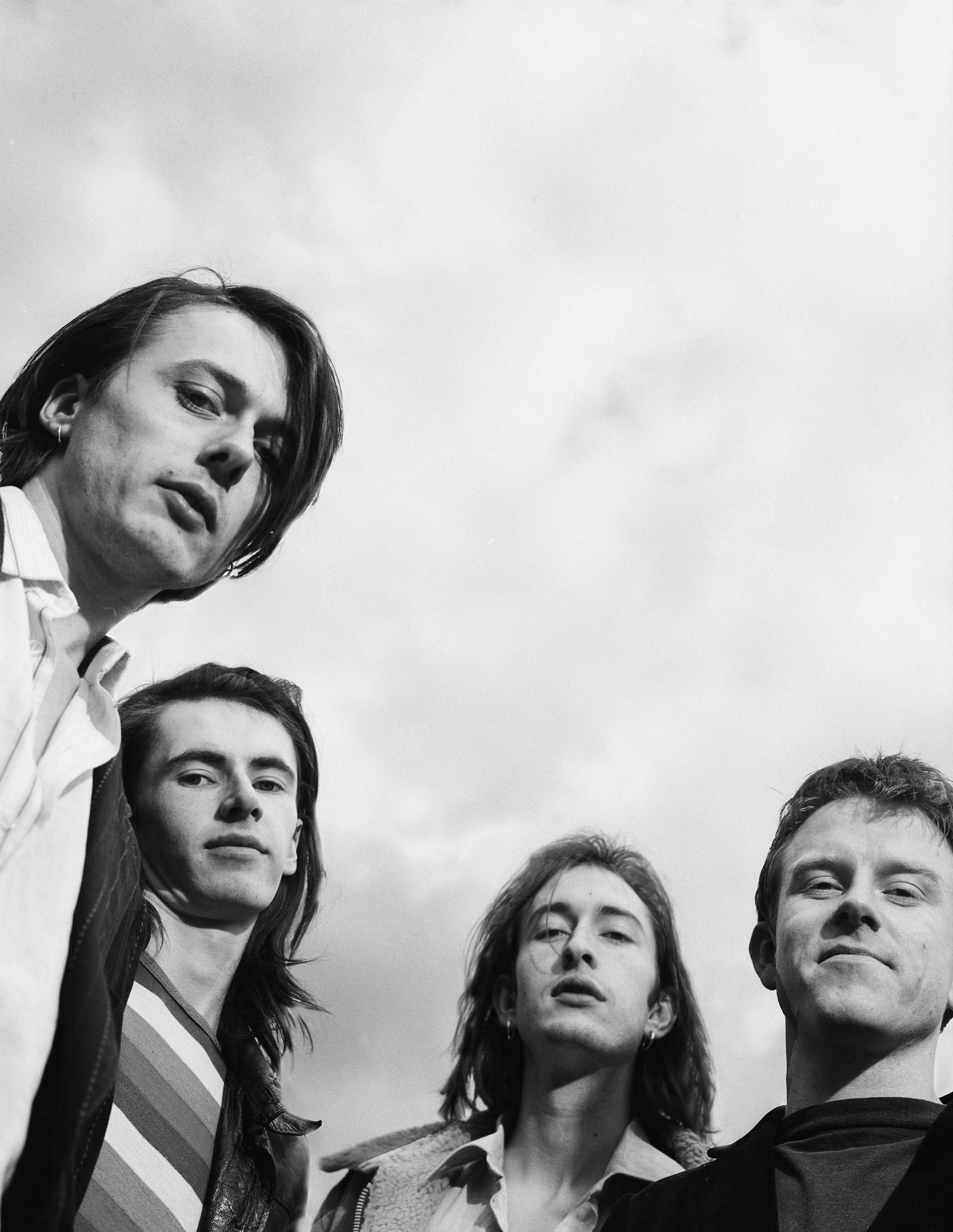
Suede, 1994. Photo: Getty Images
But why Britpop now? Knut-Fohlin argues that we’re simply “longing for live rock n’ roll music”. “And also I think the style,” he adds. Those who didn’t brave the digital queue to nab Oasis tickets can still participate in Britpop summer by way of aesthetic. Brat summer was an early aughts throwback of cropped tube tops and teeny tiny skirts, white tanks and a ton of neon green. By contrast, the Britpop look revels in track pants or relaxed jeans, Adidas Sambas, bucket hats and parkas. Both movements, however, love an Oakley-style sporty sunglass. It’s a cool look, honestly – one that deserves a Gen Z revival.
Meanwhile, for those who lived through the original Britpop era – like Nikolajev – the allure of a revival is pretty straightforward. “For us older people,” he says, “It’s just classic nostalgia.”
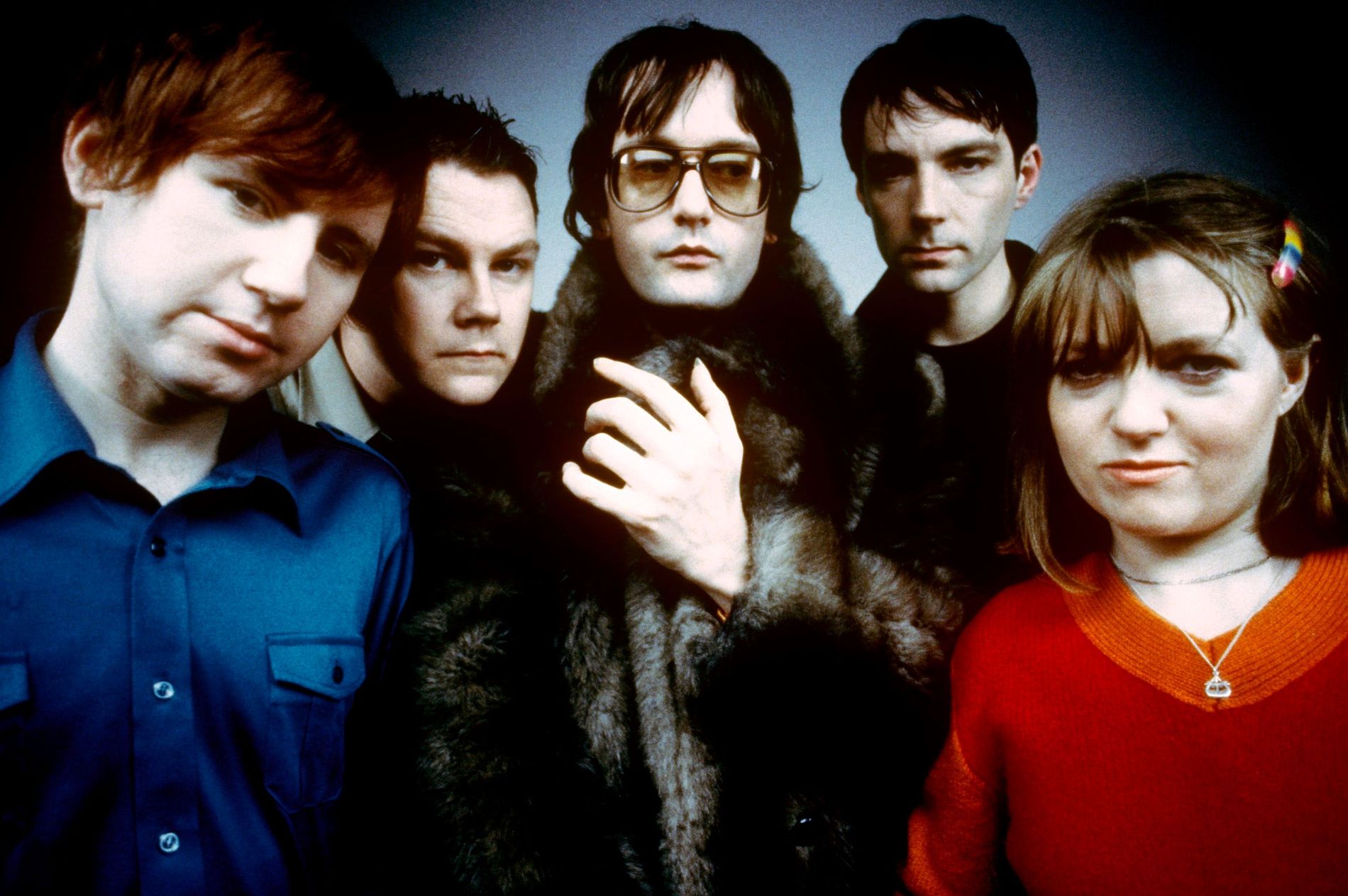
Pulp, group portrait, London, United Kingdom, 1998. Photo: Getty Images
